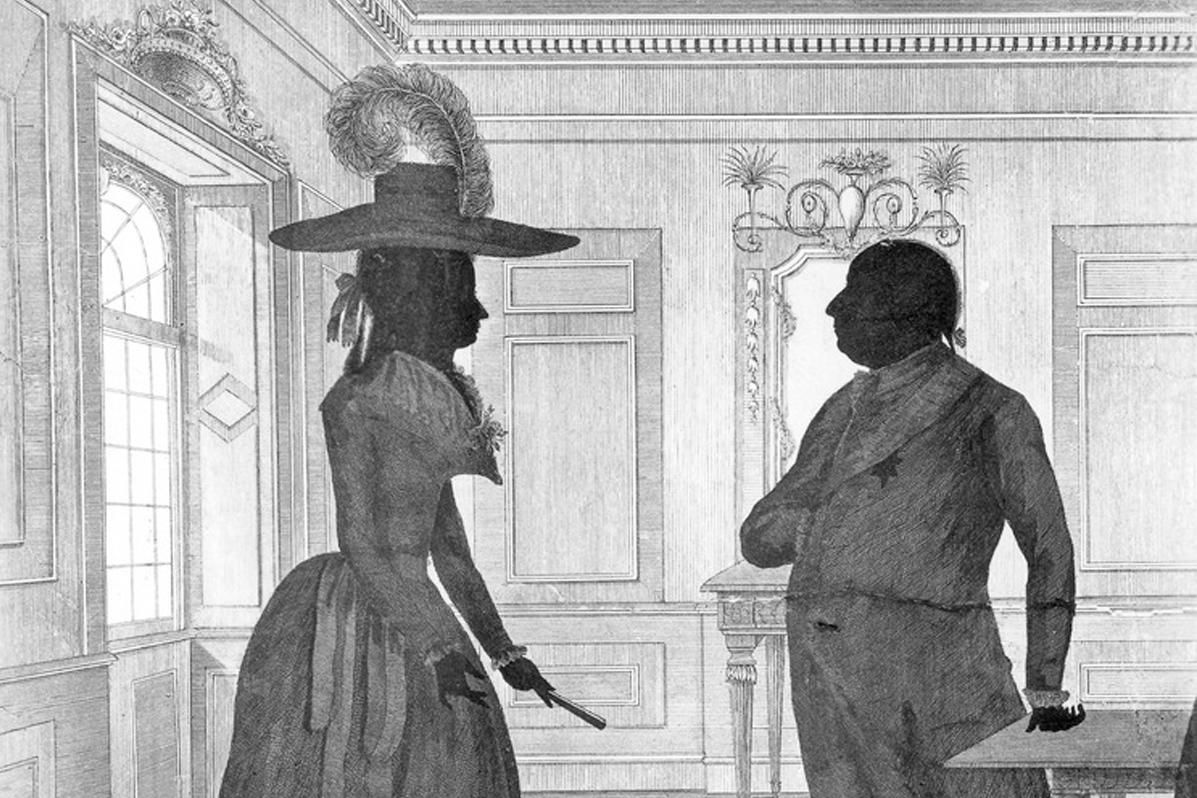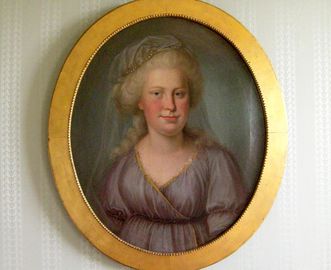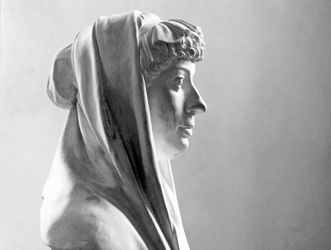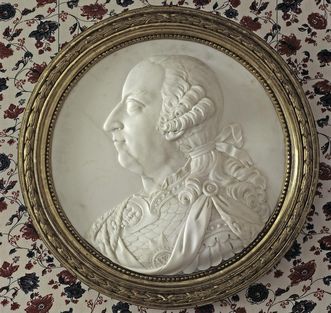Passionate love letter
Carl Eugen wrote the following letter from Kirchheim in 1786: "Darling Franziska, dearest to my heart! [...] most beautiful woman!, the most important thing: Do you like me as well? I have thought of you a hundred times, also that you would praise my patience, yes, my darling Franziska is always in my mind. Adieu, my angel! I kiss you a thousand times in my mind, and my whole heart is yours until my death. The reigning duchess, my most beloved wife in Stuttgart."






